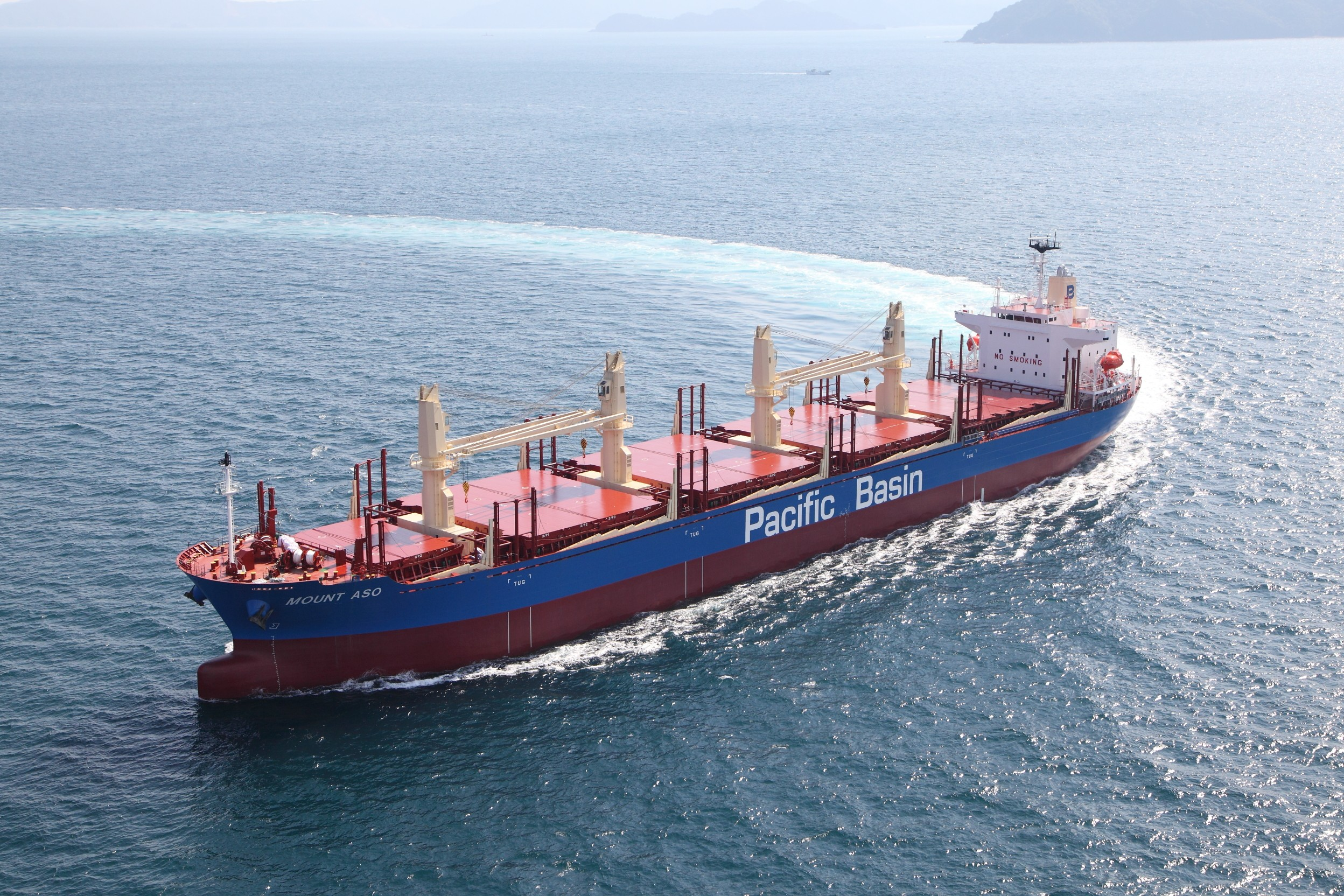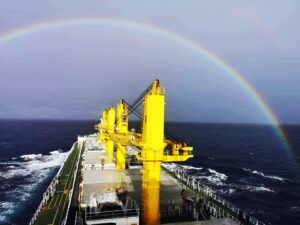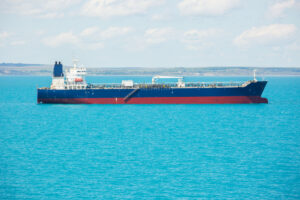Bulker owner and operator Pacific Basin Shipping Limited has closed a new $250m sustainability-linked 7-year senior secured committed revolving credit facility.
The new credit facility will be used for for general corporate purposes, according to the Hong Kong-based firm, which specialises in handysize, supramax and ultramax dry bulk vessels.
“This is our second sustainability-linked financing facility which serves to extend our funding profile, reinforce our commitment to sustainable shipping, and strengthen our financial capacity as we continue to pursue growth opportunities arising especially in these times of uncertainty and turbulence,” said the chief executive of Pacific Basin Martin Fruergaard.
The facility aligns financing with Pacific Basin’s corporate sustainability agenda by incorporating a tiered pricing mechanism that adjusts the interest margin based on actual performance, with reference to predetermined key performance indicators (KPIs) against annual sustainability performance targets (SPTs).
The chosen KPIs and SPTs relate to carbon intensity and crew safety.
BNP Paribas, Citigroup Global Markets Asia Limited and The Hongkong and Shanghai Banking Corporation Limited (HSBC) acted as the joint coordinating mandated lead arrangers, bookrunners, and joint global coordinators of the facility.
The syndicate for the facility also includes Credit Agricole Corporate and Investment Bank, Iyo Bank Limited, KDB Asia Limited, Standard Chartered Bank, SBI Shinsei Bank Limited and Skandinaviska Enskilda Banken AB (publ). BNPP is the sustainability coordinator.
The company said it engaged the credit ratings, research and risk analysis provider Moody’s to provide a second party opinion that opines on the relevance of the KPIs and robustness of the SPTs, and on their alignment with Pacific Basin’s sustainability ambitions, including targeting net zero by 2050 and safeguarding the safety, security, health and wellbeing of the company’s staff at sea.
Pacific Basin operates over 260 dry bulk ships of which 108 are owned and the rest chartered. The company’s fleet portfolio will also expand with four dual-fuel low-emission ultramax vessels, currently being built in Japan and scheduled for delivery in 2028 and 2029.



